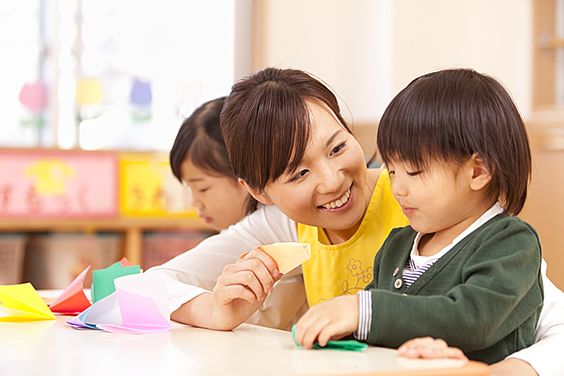Choosing the right preschool programme for your child is a major decision that sets the foundation for their early learning and development. With so many options available, finding a programme that aligns with your child’s unique needs and your family’s values can feel overwhelming. This guide will help you navigate the key factors to consider when selecting the best preschool programme for your little one.
1. Understand Your Child’s Learning Style
Every child is different, and understanding your little one’s learning style can guide you in choosing the most suitable preschool programme. Some children are visual learners, while others may prefer a more hands-on, experiential learning approach. Look for a programme that caters to different learning styles, offering a variety of activities to stimulate curiosity and engagement.
2. Assess the Curriculum
The curriculum is the heart of any preschool programme. It’s essential to ensure that the school offers a well-rounded curriculum that encourages not just academic learning but also social, emotional, and physical development. Many schools focus on play-based learning, which promotes creativity and problem-solving skills in a natural, engaging way. Ensure that the curriculum matches your child’s developmental needs and encourages holistic growth.
3. Teacher Qualifications and Approach
Qualified and passionate teachers play a critical role in shaping your child's early learning experience. When evaluating a preschool programme, ask about the teachers’ credentials, experience, and their teaching philosophy. A nurturing teacher who can build positive relationships with children will create a supportive learning environment where your child can thrive.
4. Classroom Environment and Resources
The physical environment of the classroom is another crucial factor. The preschool programme should offer a safe, clean, and stimulating environment equipped with age-appropriate materials. A well-designed classroom fosters independence and encourages children to explore and learn at their own pace. Look for classrooms that are welcoming, spacious, and organized to support various learning activities.
5. Class Size and Student-Teacher Ratio
Class size and the student-teacher ratio are important to ensure that your child receives individual attention. A smaller class size generally allows for more one-on-one interactions, helping teachers address the specific needs of each child. Inquire about the class size and how the school manages group dynamics to support every child’s development.
6. School Values and Approach to Learning
Each preschool programme operates with different values and educational philosophies. Some may emphasize academic readiness, while others focus on creativity and social skills. Whether you prefer a Montessori, Waldorf, Reggio Emilia, or a more traditional approach, it’s important to select a preschool that aligns with your family’s values and expectations for your child’s education.
7. Parental Involvement
Preschool programmes that encourage parental involvement foster a sense of community and shared responsibility in your child’s development. Ask the school how they involve parents, whether through regular updates, parent-teacher meetings, or opportunities to participate in classroom activities.
8. Location and Schedule Flexibility
Practical factors such as location and scheduling also play a role in selecting a preschool. You’ll want a programme that fits into your daily routine without creating logistical challenges. Check whether the preschool offers flexible scheduling options, such as half-day or full-day programmes, to suit your family’s needs.
Conclusion
Choosing the right preschool programme is about finding the right fit for your child’s personality, needs, and developmental stage. By considering factors such as learning style, curriculum, teacher qualifications, classroom environment, and school values, you can make a well-informed decision that sets your little one up for success.
Take your time, visit potential schools, and ask plenty of questions. The right preschool programme will not only provide an excellent educational foundation but also ensure that your child feels happy, secure, and inspired to learn.





Comments